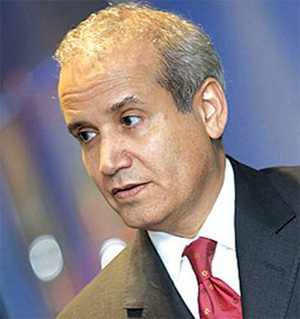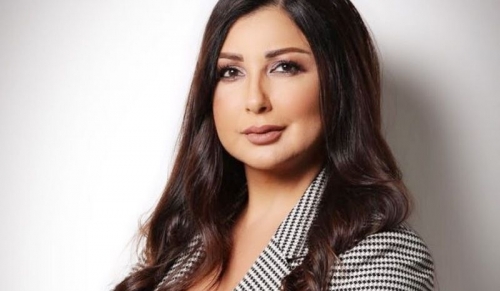Oman gets $1bn in aid from Qatar: Report
Cash-strapped sultanate is tapping richer neighbours for much-needed financial help
Oman has received $1bn in direct financial support from Qatar as the cash-strapped sultanate seeks to stave off an economic crisis worsened by coronavirus and lower oil prices.
One of the poorer oil-dependent Gulf states, Oman is tapping richer neighbours for much-needed financial aid as it balances the need to plug a widening budget deficit against the potential threat to its much-prized neutrality.
Officials from the sultanate marketing a bond on conference calls said Qatar had deposited the amount in the central bank of Oman, and promised that there was more to come, three people briefed on the conversations said.
Investors said Qatari support for Oman is a good start, but more is needed. “A billion isn’t going to move the needle — they need to raise a lot more,” said one, who requested anonymity because he was not authorised to speak about transactions.
Oman did not respond to a request for comment. Qatar declined to comment.
Please use the sharing tools found via the share button at the top or side of articles. Copying articles to share with others is a breach of FT.com T&Cs and Copyright Policy. Email [email protected] to buy additional rights. Subscribers may share up to 10 or 20 articles per month using the gift article service. More information can be found at https://www.ft.com/tour.
https://www.ft.com/content/8ba9e58f-3c66-45f3-8417-0cb39f3a9083?segmentid=acee4131-99c2-09d3-a635-873e61754ec6
The sultanate’s ties with Qatar have deepened since fellow Gulf states Saudi Arabia and the United Arab Emirates imposed a trade and travel embargo on Doha in 2017. Muscat helped the Qataris sidestep the boycott by providing alternative trade routes.
The UAE is in pole position to provide additional aid to Oman, said Cinzia Bianco, a visiting fellow at the European Council on Foreign Relations.
Several months ago, Muscat opened discussions with Qatar and the UAE over financial support, which remain ongoing, she said.
The potential for further regional assistance helped Oman, rated as subinvestment grade, to raise $2bn in bonds last week. The government said it was in the “preliminary stages” of talks over financial support from other Gulf countries, the bond prospectus revealed.
Options for potential Emirati support could include commercial loans underpinned by UAE banks or investment in projects, said Ms Bianco. Oman raised a $2bn bridge loan earlier this year that was jointly arranged by Abu Dhabi’s leading lender.
Historically fraught Emirati-Omani ties have eased under Sultan Haitham bin Tariq Al Said, who took the throne on the death of his long-serving predecessor Qaboos in January. In August, the new sultan replaced Yusuf bin Alawi, the longstanding foreign minister, with Badr Al Busaidi, who is perceived as less hostile to the UAE.
Omanis are nonetheless concerned that financial aid could come with conditions that erode the sultanate’s traditional neutrality. Muscat has been a forum for back channel talks with Yemeni Houthi rebels and Iran, with which Oman maintains close relations despite Tehran’s enmity with other Gulf states.
“This is a genuine concern for Omanis who recall how resisting polarisation is embedded in their political culture,” said Ms Bianco. “However, the truth is we are in uncharted waters, under a different leadership and in a different geopolitical context.”
Ravaged by lower oil prices and the economic repercussions of Covid-19, Oman’s gross domestic product is forecast to contract by 10 per cent this year, according to the IMF. The country needs oil prices to average $105 a barrel to balance the budget, so with prices closer to $40 a barrel it faces a fiscal deficit of more than an estimated 18 per cent of GDP this year.
Oman has introduced revenue raising and cost-cutting measures to deal with the growing fiscal pressures, including introducing a 5 per cent sales tax next year and plans for an income tax on high earners.
Additional reporting by Andrew England in London





